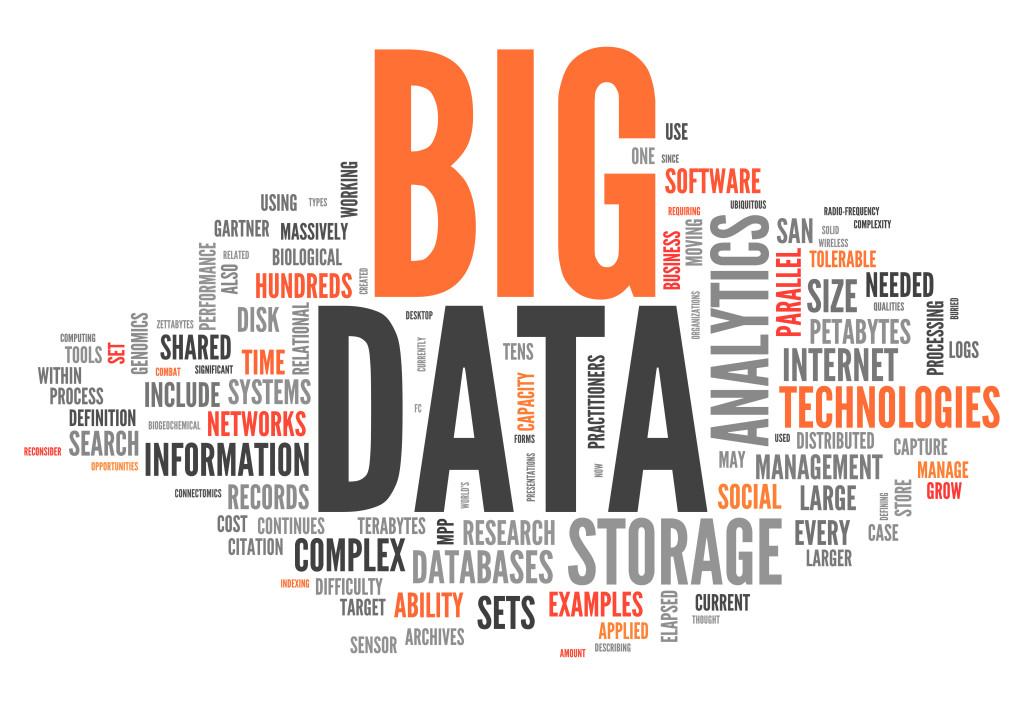Big Data Solutions for Small Firm
Big Data has been leveraged by a number of large firms to gain a competitive advantage in the retail industry – the likes of Macy’s, Amazon, reveal that big data has been crucial to helping them increase sales by as much as 10%. Kroger CEO David Dilon refers to big data as his ‘secret weapon.’ Some would argue that big data has allowed large organizations to create an oligopoly. Gary Hawkins, in the Harvard Business Review talks of how big data may ‘kill all but the biggest retailers,’ and that access to big data has allowed smaller firms to be relegated to ‘the role of convenience stores.’
However, in the past two years, small firms and shops have also begun to use big data to leverage their competitive strengths and gain customers from larger firms. Where previously the ability of small business owners to displace nearby large stores depended on intuition and the ability to provide personalized customer service, the landscape has now changed. Small businesses have increasingly adopted big data analytics to help keep them competitive.
There are three main characteristics that small businesses are seeking in data solutions. Flexibility and choice that allows businesses to create solutions catered specifically to their needs, is important for businesses to be able to create leverage with the systems they already have in place. Solutions must also be simple, so that integrating them into businesses is a quick process, and does not need staffers and workers to undergo large amounts of training. Solutions must also be priced right, so that the transition from intuition driven to analytics driven companies can be quick, embraceable and convenient.

A number of big data solutions for small companies already exist. IBM’s Watson Analytics makes advanced predictive analytics easily accessible, with its self-service analytics solution including a suite of big data access, data refinement and data warehousing facilities. Google Analytics, InsightSquared, Canopy Labs, Tranzlogic and Qualtrics are other Big Data solutions that are easily understandable, let businesses conduct a wide range of studies using unique tools, and provide important analytics at a fraction of the cost of larger implementation solutions built for bigger firms. Tranzlogic provides a Web portal for merchants where they can track sales, how various locations are performing, and whether promotions are paying off. It uses “big data” analysis of your credit card transaction data to do this.
An example of how solutions are being used: Vino Volo, a small chain of wine bars that can be found at 28 airports, is using big data in the form of a mobile app developed by Punchh, which works as a loyalty program and referrals system. Punchh co-founder Sastry Penumarthy says Punchh “crunches lots of real-time data from mobile, social, and POS to automatically provide brands (in real-time) 360-degree insights about their customers and stores, including visits by location and time of day, orders including specific menu items, reviews and sentiments of reviews, and campaign response rates,” among other insights. Since the system rolled out, some Vino Volo location operators have reported a 10-percent increase in sales.